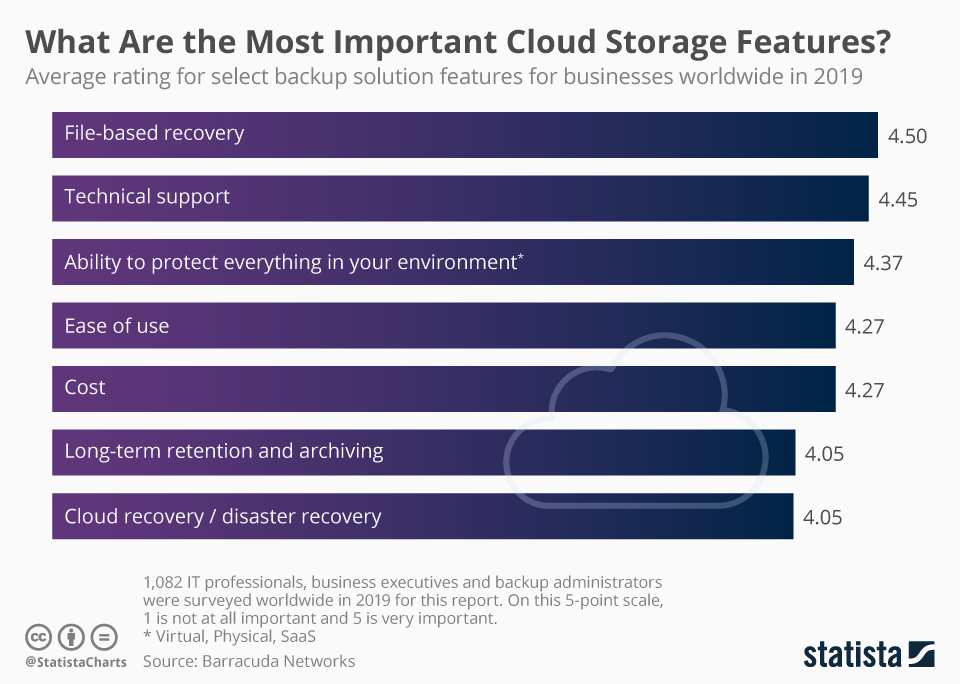
researchHQ’s Key Takeaways:
- What cloud service provider is best comes down to each organisation’s specific goals and interests when adopting the cloud.
- AWS offers flexible pricing options, customisation, and several seamlessly integrated features and services.
- Azure offers stronger and faster PaaS services and premium security features packaged in an integrated environment familiar to Windows users.
- Both companies offer Container as a Service (CaaS) and Developer Tools with various features and benefits.
Companies that have jumped the gun with cloud migration during this time of crisis have committed a fatal mistake. The knowledge gap among businesses that seek to migrate is often underestimated, leading to devastating expenditures and operational inefficiencies. The rise of the Covid-19 pandemic has increased the demand for companies to opt for cloud migration. If you belong to such a group, you should read further to better prepare.
It might be tempting to start with the most popular platform out there to avoid hours of research but I say that would cause problems for you in the future. Learning and familiarizing with leading service providers is essential so you can pick one that best suits your goal, your budget, and your commitment.
How do I choose a public cloud provider?
Of the popular picks, AWS and Azure are among the lead performers. The year of 2020 notices the ever-decreasing gap between AWS and Azure. Additional growth in services like multi-cloud and containers make the choice between the two merit discussions.
Both come with their distinct advantages and exclusive features. When it comes down to choosing between these two, the verdict is dependent on the requirement on your business end. For example, if an organization is in need of a strong Platform-as-a-service (PaaS) provider or needs Windows integration, Azure would be the preferable choice while if an enterprise is looking for infrastructure-as-a-service (IaaS ) or diverse set of tools then AWS might be the best solution.
When it comes to the essential technical and hardware capabilities, Azure and AWS are neck and neck in their offerings. Whether it be storage, networking, pricing, compute; the differences are scarce. They also share similar features such as on-demand payment model, autoscaling, IAM features, elasticity, security, and service provisions.
If we look at the sheer size of the user base, then AWS is noticeably superior to its competition. A million customers, 2 million servers, 100,000 computer cores and $10 billion annual revenue. AWS alone holds a 40% market share for cloud computing. You can add the shares of the next big three platforms and it still wouldn’t match it. It also is the oldest cloud service with 11 years of a successful business.
Meanwhile, growing at a rate of 120K new customers per month, 5 million organizations using Azure Active directory, nearly 5 million developers registered with visual studio team services, 1.4 million cloud databases, and 40% of revenue generated from start-ups and ISVs- Azure is on the verge of dominating AWS cloud services.
So, for the comparisons to be made, there are certain essentials to look into and see what your organization prioritises. Let’s look at what each of these services excels in so you can reach your own verdict.







